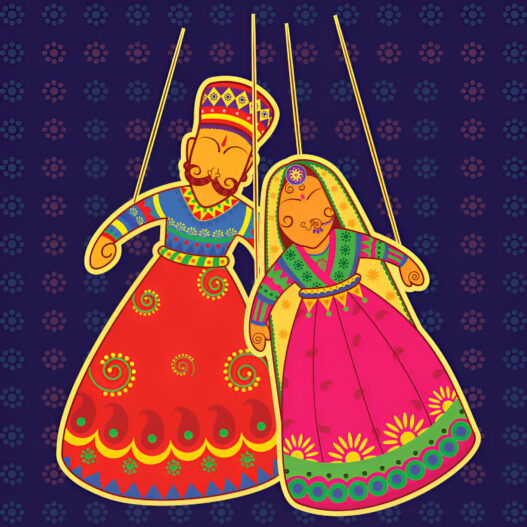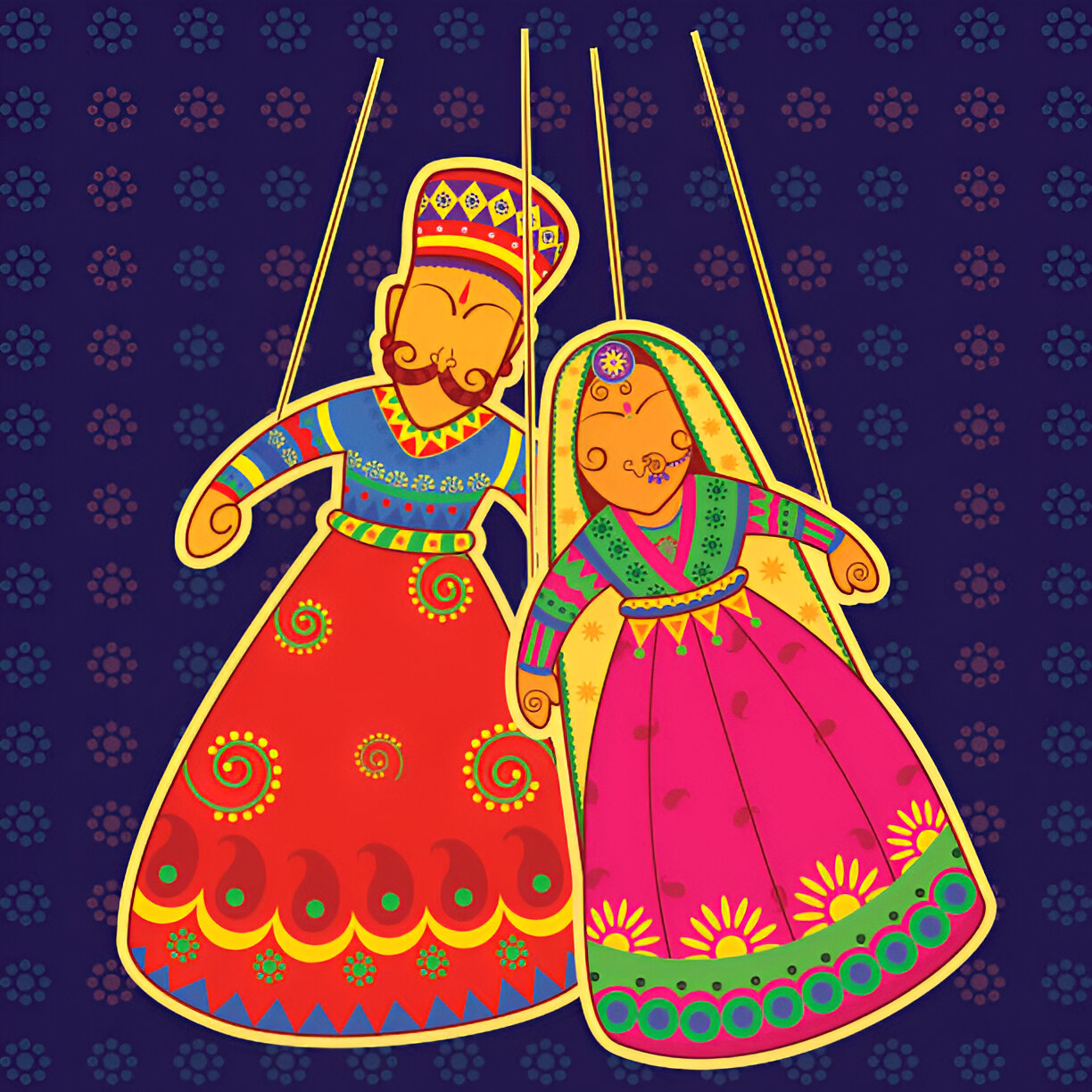The Prohibition of Child Marriage Act, 2006, is a crucial piece of legislation in India aimed at prohibiting child marriages and addressing the issues connected to it. The Act is a significant step towards ensuring the rights and well-being of children, particularly girls. This blog post will explore the key provisions of this Act, its objectives, and the measures it puts in place to prevent child marriages.
What is the Prohibition of Child Marriage Act, 2006?
The Act was enacted to address the practice of child marriage, which is a violation of human rights and a serious social problem. It provides a legal framework to prevent child marriages, protect children from exploitation, and ensure that they can lead healthy and fulfilling lives.
Key Definitions Under the Act
-
Child: A person who, if male, has not completed 21 years of age, and if female, has not completed 18 years of age.
-
Child Marriage: A marriage where either of the contracting parties is a child.
-
Contracting Party: Refers to either of the parties whose marriage is or is about to be solemnized.
-
Child Marriage Prohibition Officer: An officer appointed by the State Government to prevent child marriages.
-
District Court: Includes a Family Court, a city civil court, or the principal civil court of original jurisdiction in an area.
-
Minor: A person who has not attained the age of majority as defined under the Majority Act, 1875.
Key Provisions of the Act
-
Voidable Marriages (Section 3):
-
Child marriages are voidable at the option of the contracting party who was a child at the time of the marriage.
-
A petition to annul the marriage can be filed in the district court by the child, or by their guardian or next friend along with the Child Marriage Prohibition Officer, if they are a minor at the time of filing.
-
Such a petition can be filed at any time before the child completes two years of attaining majority.
-
The court can make an order to return all gifts, money and other valuables received from the other party.
-
-
Maintenance and Residence (Section 4):
-
The district court can order the male contracting party or his parents to provide maintenance to the female contracting party until her remarriage.
-
The court may also make an order for her residence until her remarriage.
-
-
Custody and Maintenance of Children (Section 5):
-
The district court can make appropriate orders for the custody and maintenance of children born of a child marriage, keeping their welfare as the paramount concern.
-
The court can also provide access to the child for the other party and make orders for maintenance.
-
-
Legitimacy of Children (Section 6):
-
Children born of a child marriage are deemed legitimate, even if the marriage is annulled.
-
-
Power to Modify Orders (Section 7):
-
The district court has the power to modify or revoke orders issued under Sections 4 and 5, if there is a change in circumstances.
-
-
Court for Filing Petitions (Section 8):
-
Petitions for reliefs under Sections 3, 4, and 5 can be made to the district court having jurisdiction over where the child resides, or where the marriage was solemnized.
-
Offenses and Penalties Under the Act
-
Punishment for Male Adult Marrying a Child (Section 9):
-
A male adult (above 18 years) who contracts a child marriage is punishable with rigorous imprisonment up to two years, and/or a fine up to ₹1 lakh.
-
-
Punishment for Solemnizing a Child Marriage (Section 10):
-
Anyone who performs, conducts, directs, or abets a child marriage is punishable with imprisonment up to two years, and/or a fine up to ₹1 lakh, unless they can prove they had reasons to believe that it was not a child marriage.
-
-
Punishment for Promoting Child Marriages (Section 11):
-
Any person in charge of a child who promotes or permits a child marriage, or fails to prevent it, is punishable with imprisonment up to two years, and/or a fine up to ₹1 lakh.
-
Note that women are exempt from imprisonment under this provision.
-
-
Void Marriages (Section 12):
-
Child marriages are void if the child is taken or enticed away from lawful guardianship, forced to marry, or sold for the purpose of marriage.
-
-
Power to Issue Injunctions (Section 13):
-
The court can issue injunctions prohibiting a child marriage from taking place, based on complaints by the Child Marriage Prohibition Officer or any other person.
-
The court can issue interim injunctions in urgent cases without prior notice.
-
Disobedience of such injunctions is punishable with imprisonment up to two years or fine up to ₹1 lakh or both.
-
-
Void Marriages (Section 14):
-
Child marriages that take place in violation of an injunction are automatically void.
-
Other Important Provisions
-
Cognizable and Non-Bailable Offenses (Section 15): All offenses under the Act are cognizable and non-bailable.
-
Child Marriage Prohibition Officers (Section 16): The State Government appoints these officers to prevent child marriages. They also collect evidence for prosecution, provide advice and counseling, and create awareness.
-
Public Servants (Section 17): Child Marriage Prohibition Officers are considered public servants.
-
Protection of Action in Good Faith (Section 18): The Act protects those who act in good faith to prevent child marriages from legal action.
-
Power to Make Rules (Section 19): The State Government is empowered to make rules to carry out the provisions of the Act.
State Amendments
The blog post includes some state amendments from Karnataka, including:
-
Section 3: All child marriages solemnized after the commencement of the act in Karnataka are void ab initio.
-
Section 9: Punishment for male adults marrying a child is imprisonment for not less than one year, that may extend to two years.
-
Section 10: Punishment for solemnizing a child marriage is imprisonment for not less than one year, that may extend to two years.
-
Section 11: Punishment for promoting or permitting solemnization of child marriages is imprisonment for not less than one year, that may extend to two years.
Conclusion
The Prohibition of Child Marriage Act, 2006, is a crucial piece of legislation that aims to eradicate the practice of child marriage in India. It provides a legal framework to prevent these marriages, protect children, and ensure that they have the opportunity to lead healthy and fulfilling lives. Understanding the provisions of this Act is essential for all citizens, particularly those working in child protection and law enforcement.




